

The Realities of Beauty Treatments in Korea: Insights from 1,002 Women
Insights into Beauty Treatments in Korea: A Survey of 1,002 Women
In recent years, Korea has emerged as a prominent destination for beauty treatments, especially in dermatology. According to a study conducted by SBC Medical Group, a subsidiary based in California, 1,002 women who had undergone cosmetic dermatology in Korea were surveyed about their motivations, satisfaction levels, and treatment experiences. With the demand for minimally invasive procedures on the rise, understanding the driving factors behind this trend is essential.
Growth of Cosmetic Dermatology
Previously, cosmetic surgery often meant significant alterations to appearance. However, recent trends indicate a substantial shift towards less invasive procedures that incur less physical stress. In 2023, approximately 70% of Japan's cosmetic medical market was represented by dermatological services, reflecting the growing appeal of such treatments. This surge is not confined to Japan but resonates globally, with Korea at the forefront as a hub for “medical tourism.” The proliferation of information on social media has made the idea of receiving treatments in Korea more accessible, leading to an increase in Japanese women seeking aesthetic enhancements across the sea.
Survey Overview
The survey aimed to explore the reality of undergoing cosmetic dermatological treatments in Korea. Conducted from May 26 to May 28, 2025, the responses were gathered from women who had traveled to Korea for beauty treatments in the last five years. The key findings reveal important insights into the motivations behind these treatments and the overall satisfaction experienced by the participants.
Factors Influencing Travel for Treatments
- - Affordability is Key: The survey results highlighted that 56.9% of women were attracted to seek treatment in Korea primarily due to the affordability of services. Also noted were the advanced techniques available (46.0%) and the allure of accessing the latest beauty trends (33.2%). This suggests that pricing not only remains a significant factor but is complemented by perceived quality in service delivery.
Duration and Cost of Stays
Most participants reported staying in Korea for more than two days, with 45.8% indicating a duration of two nights and three days. Correspondingly, over 95% of respondents noted the necessity of a minimum two-day stay, indicating that engaging in these treatments takes considerable time. When it comes to costs, the majority (25.0%) spent between 80,000 to 150,000 yen, inclusive of treatment, travel, and lodging expenses. Notably, a considerable 40% also spent over 150,000 yen, underlining that while treatment costs may seem competitive, total expenses can accumulate significantly depending on travel logistics.
Treatment Satisfaction Rankings
The satisfaction levels among women who received treatments were notably high, particularly for the Ondalift procedure, which saw a remarkable satisfaction rate of 96.9%. Other favored treatments included Oridio (91.7%) and Potenza (91.4%), popular for their efficacy in addressing common skin issues like wrinkles and acne scars. In contrast, treatments like Stella M22 (70.6%) showed lower satisfaction, likely due to extended results taking time to manifest, which can lead to varied expectations.
Challenges with Korean Treatments
Despite high satisfaction levels, many women expressed concerns, particularly regarding the logistics of receiving ongoing treatments. 41.4% cited difficulty in maintaining regular visits due to geographic constraints. Safety concerns were also prevalent, with 32.3% expressing worries about safety protocols in Korea. Additionally, about 29% found the overall cost-performance of traveling to Korea subpar, indicating a disconnect between initial satisfaction and the feasibility of ongoing care.
A Shift Towards Domestic Treatments
These findings suggest a growing inclination among women to transition to domestic beauty services. More than half indicated a desire to increase the frequency of treatments in Japan or to switch entirely. This shift emphasizes needs for greater accessibility and assurance in local services. The survey illustrates a notable trend where women seek reliable and safe beauty solutions that align with their lifestyles.
Conclusion
As the Korean beauty treatment phenomenon continues to thrive, it is essential for domestic clinics to adapt to the evolving demands of consumers. Incorporating affordability, convenience, and the latest in dermatological advancements may bridge the gap for those hesitant to travel abroad for treatments. Clinics like SBC Neo Skin Clinic in Japan offer a promising alternative that mirrors Korean advancements while ensuring comfort and accessibility for local clients.
The survey underscores complex dimensions of consumer behavior in beauty treatments that blend affordability, quality, and convenience, indicating the potential for domestic services tailored to meet these sophisticated needs.

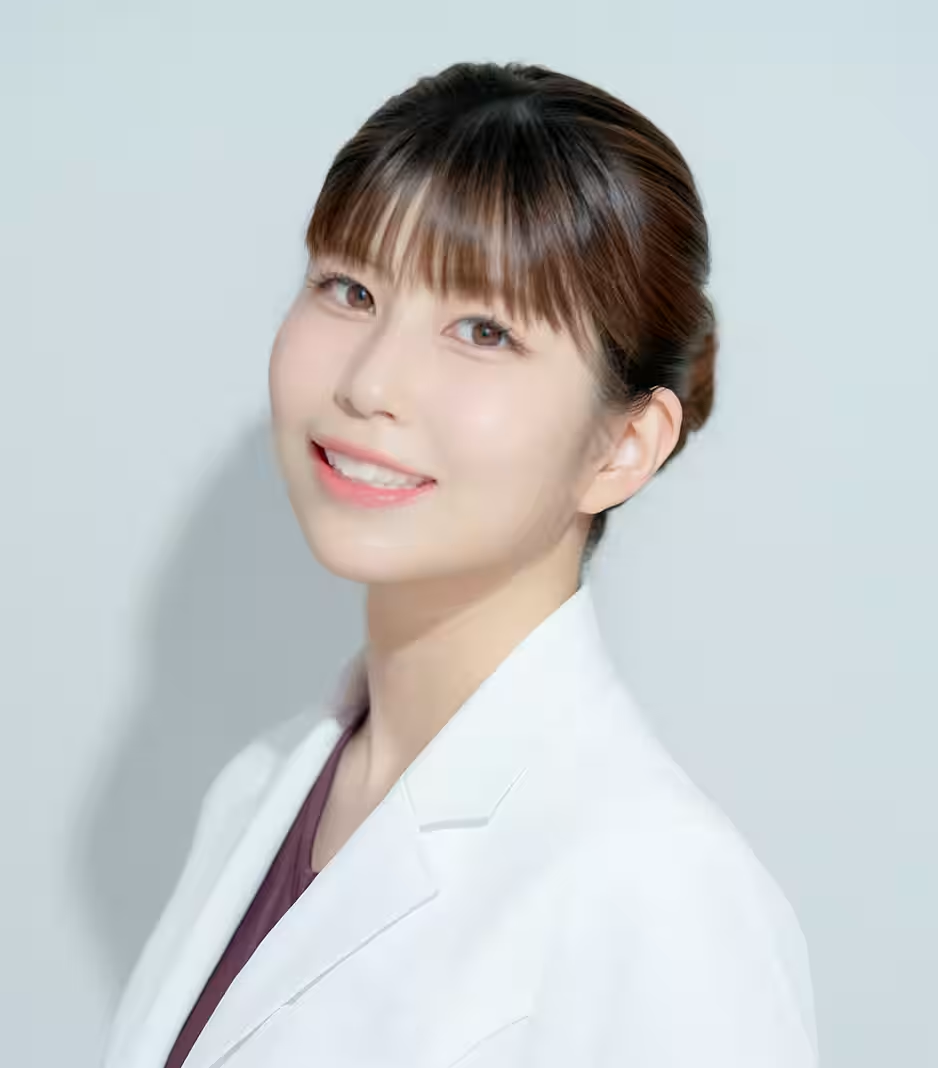
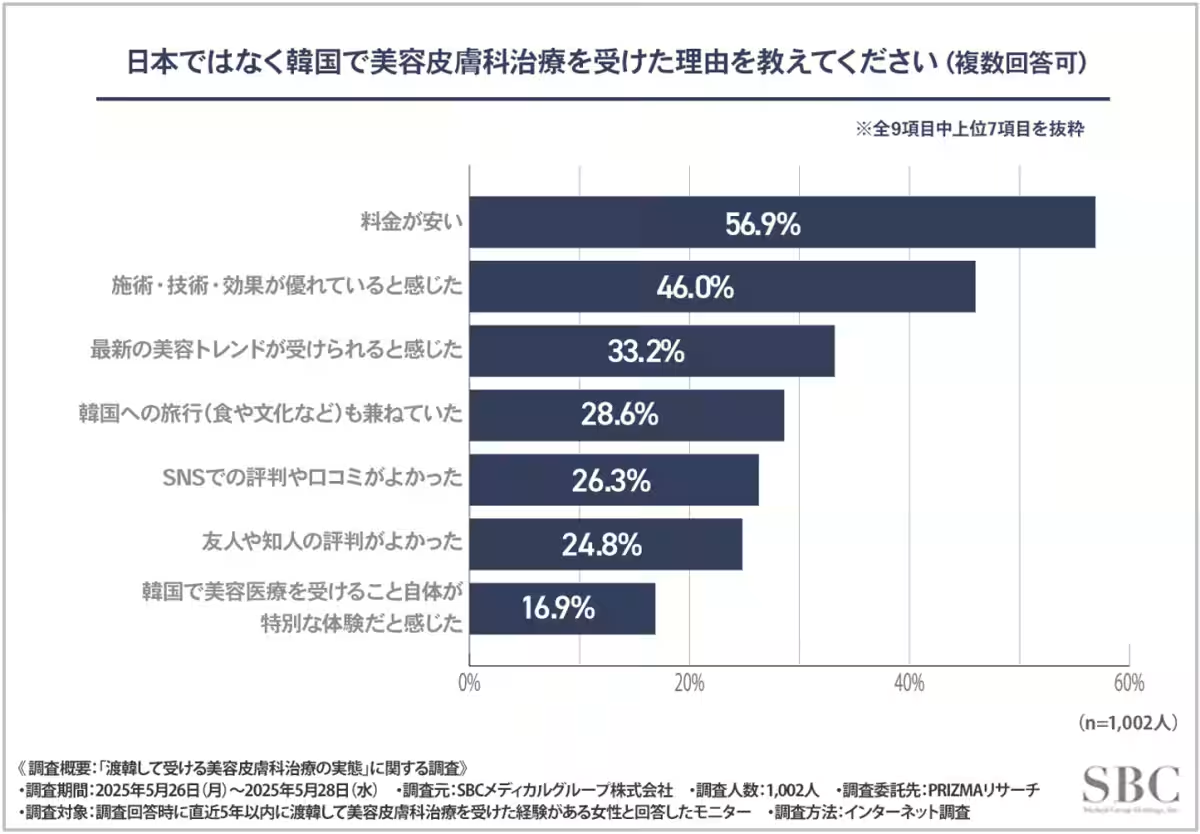
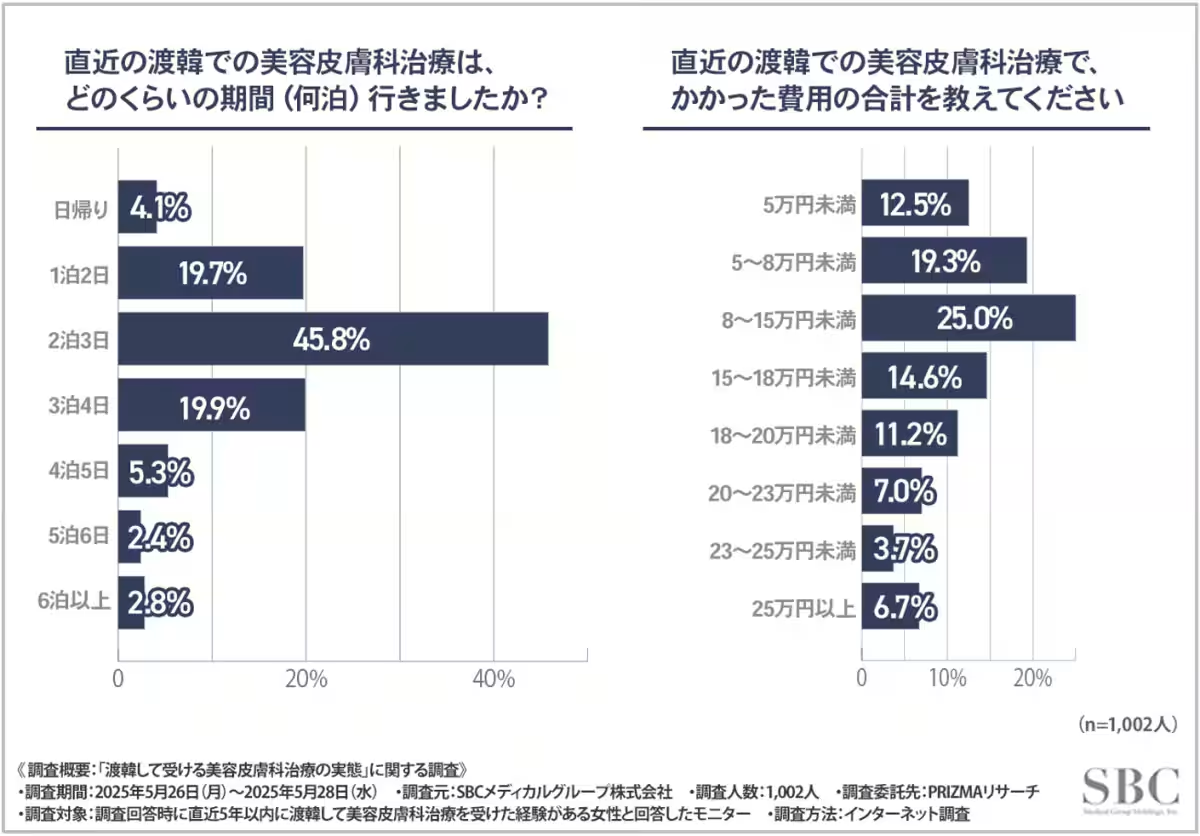
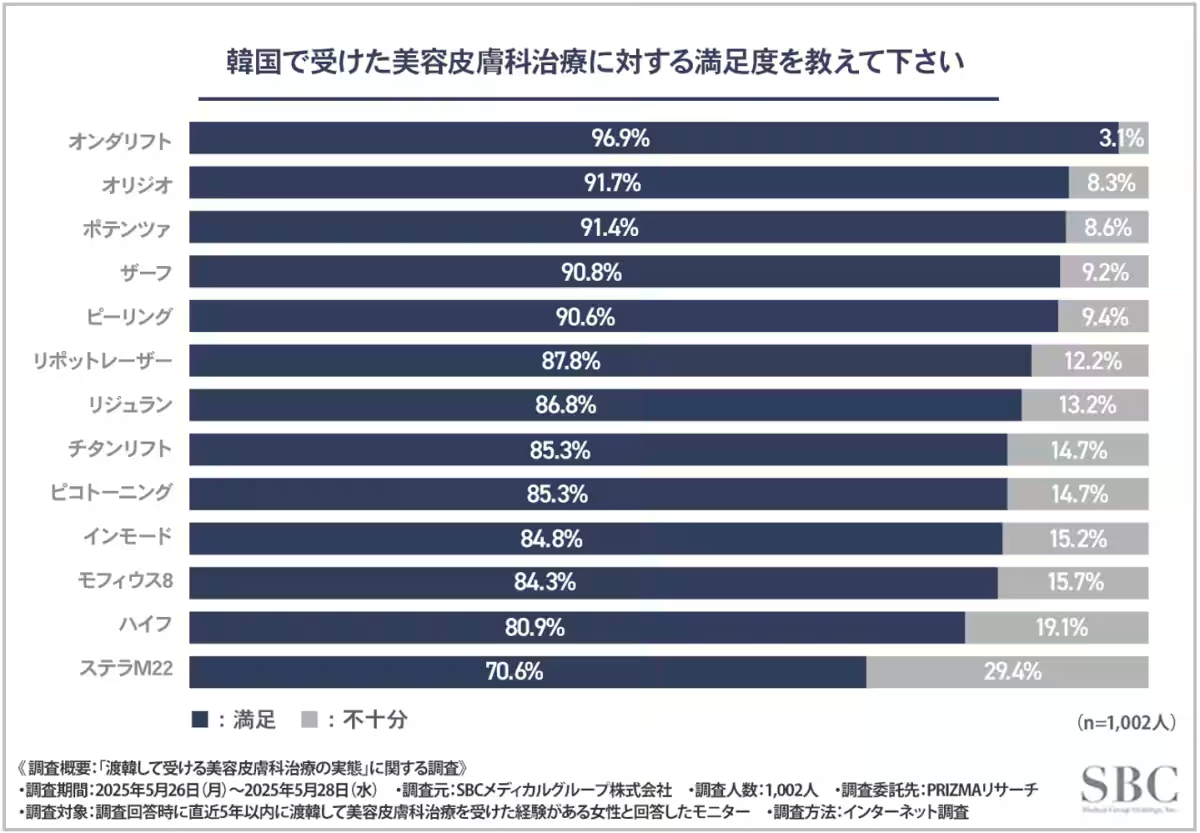
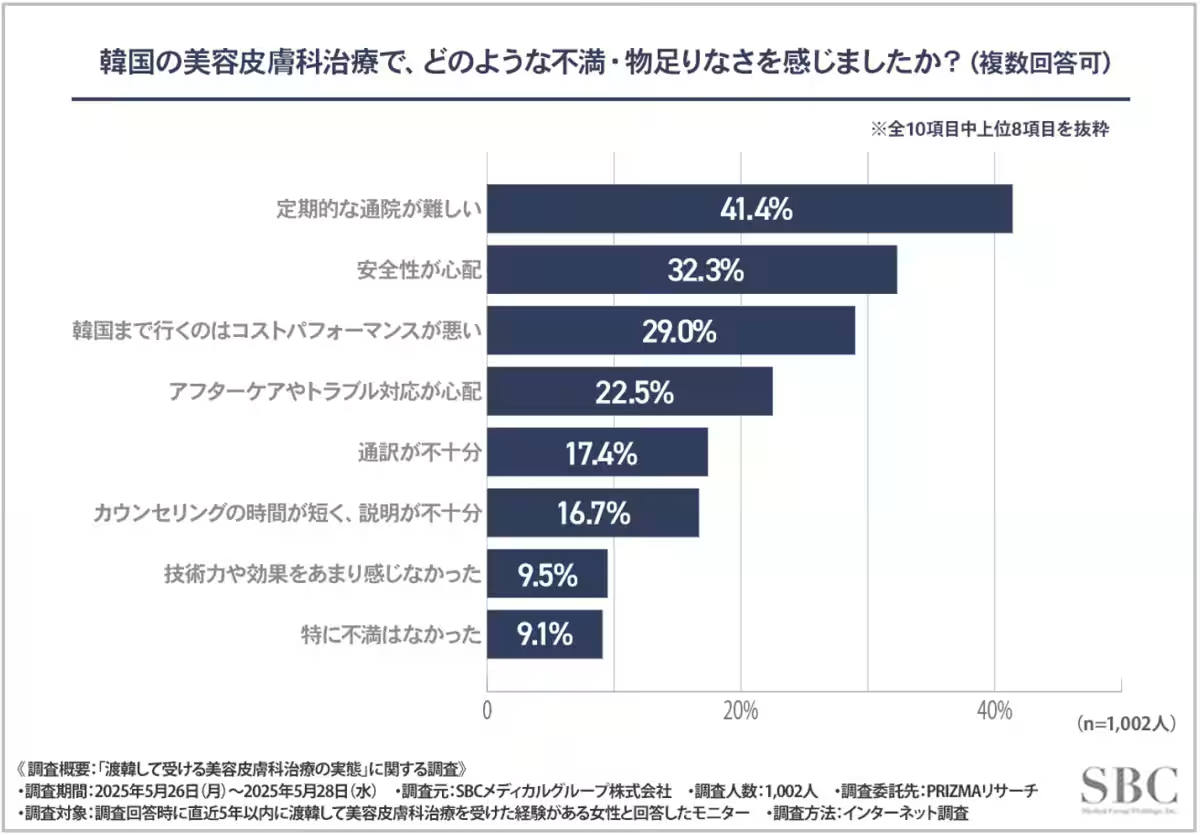
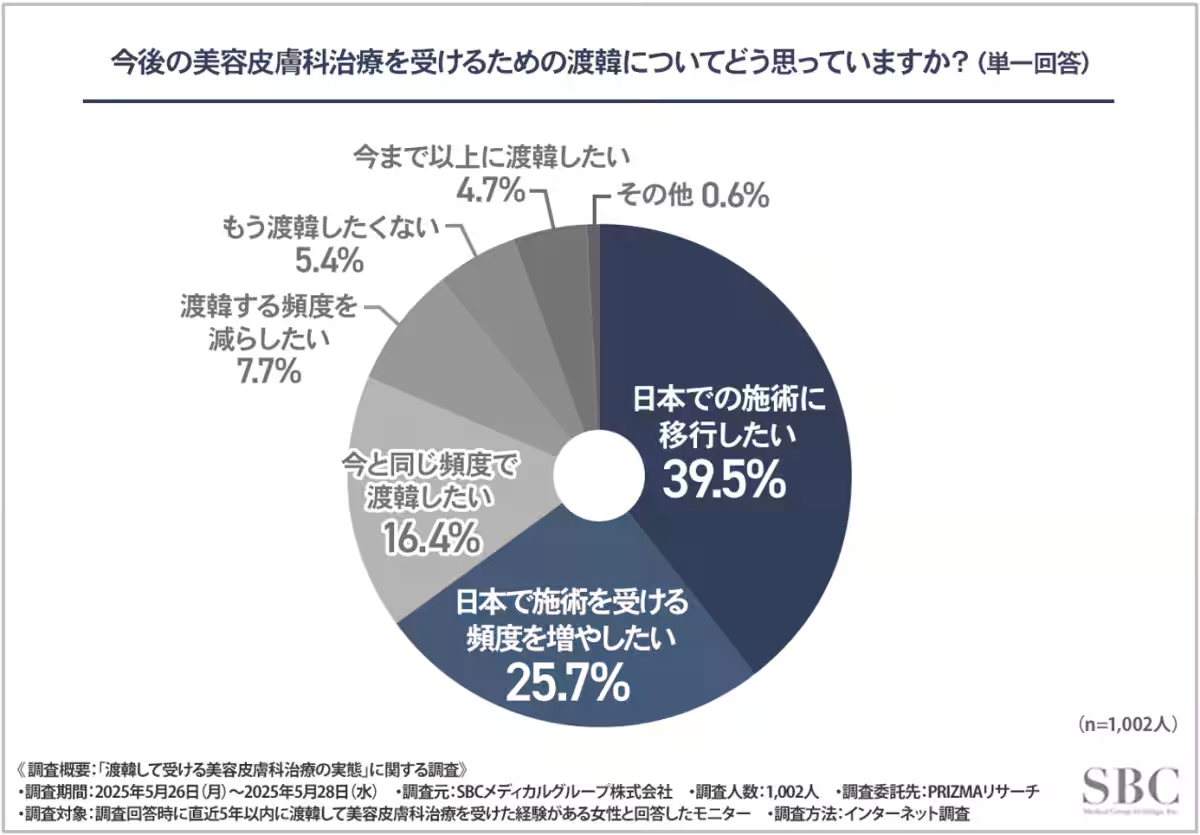
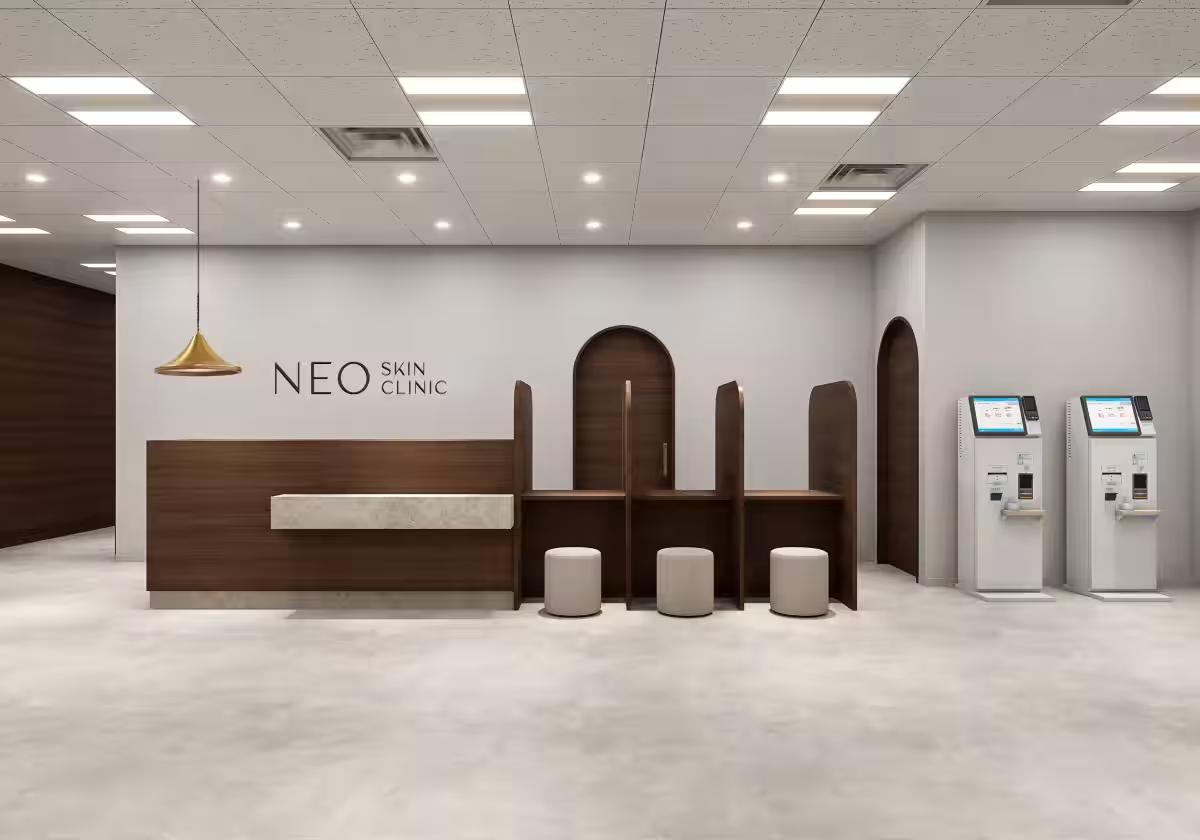
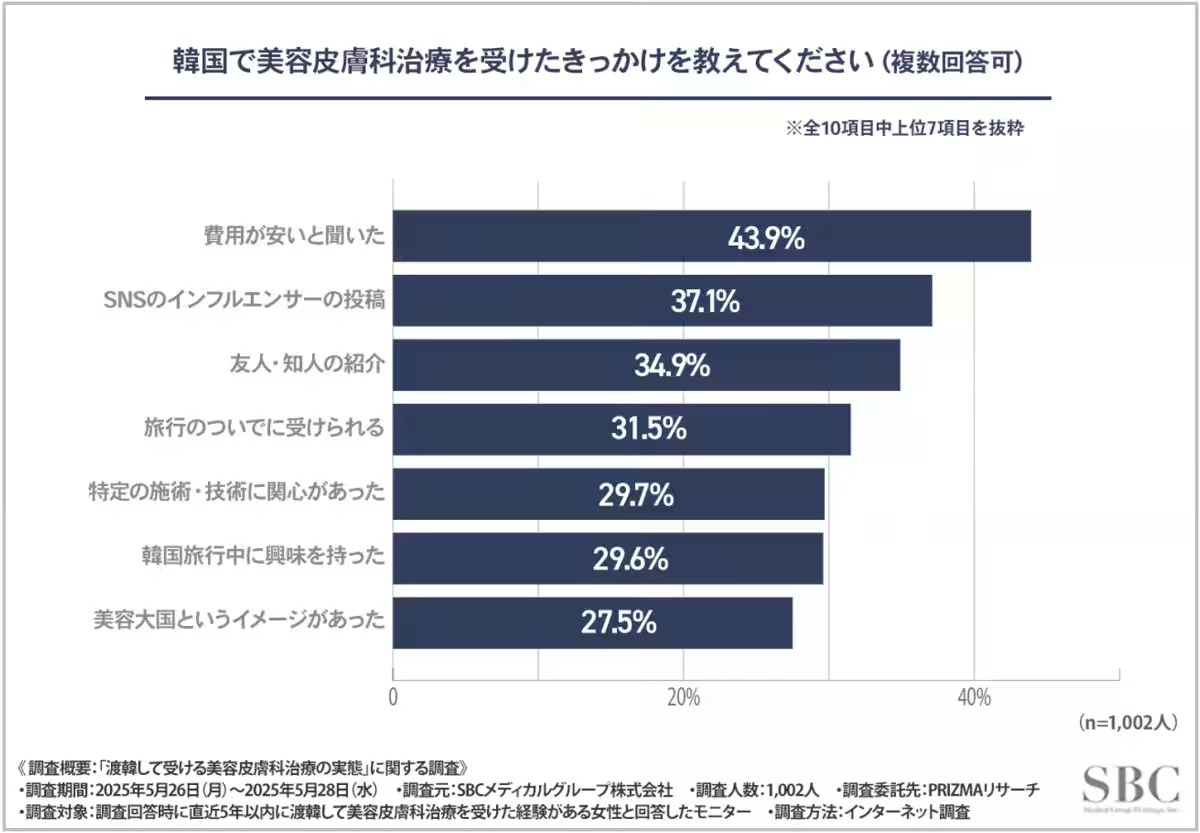
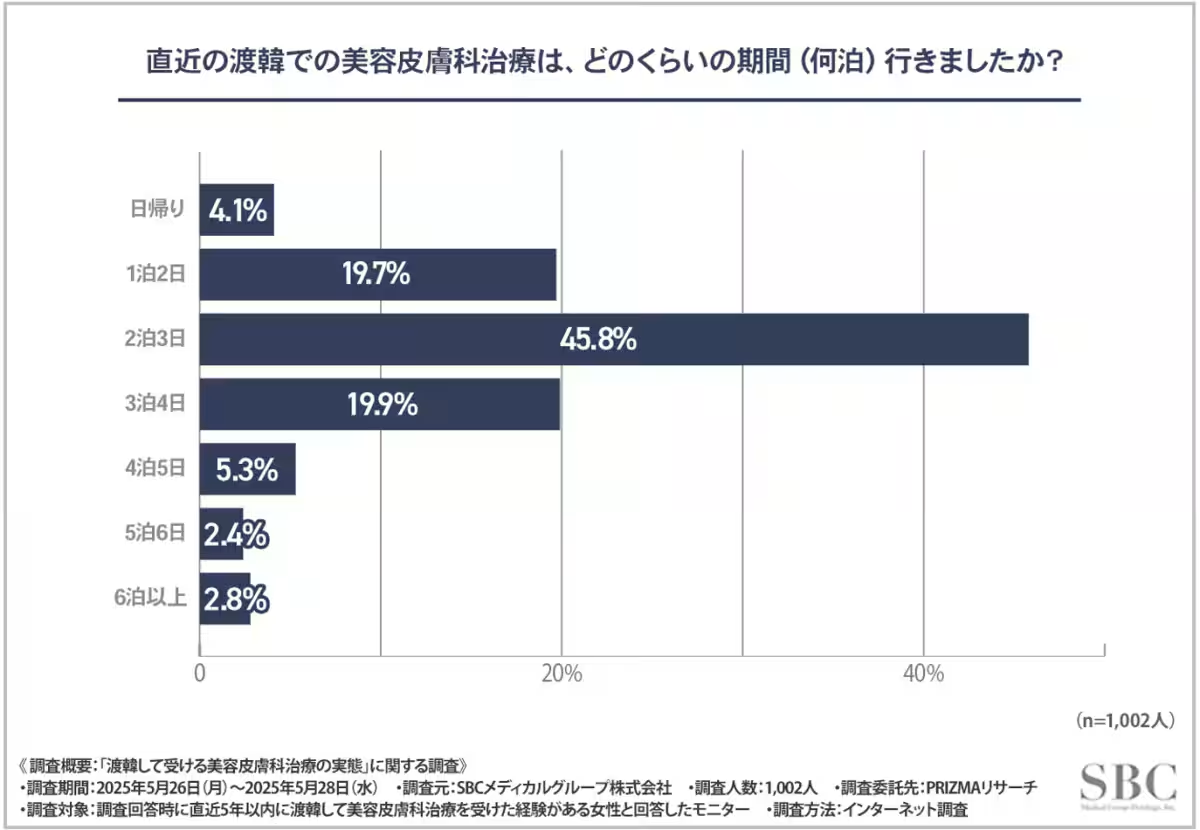
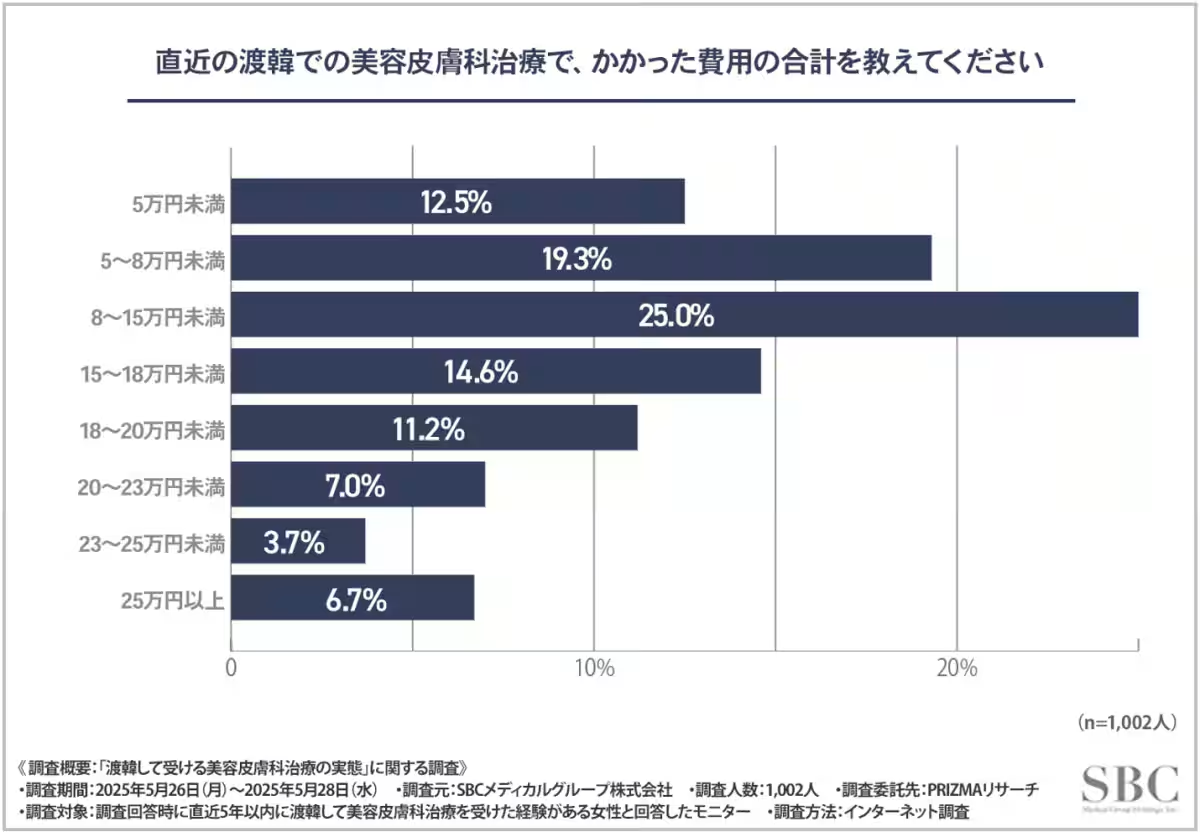
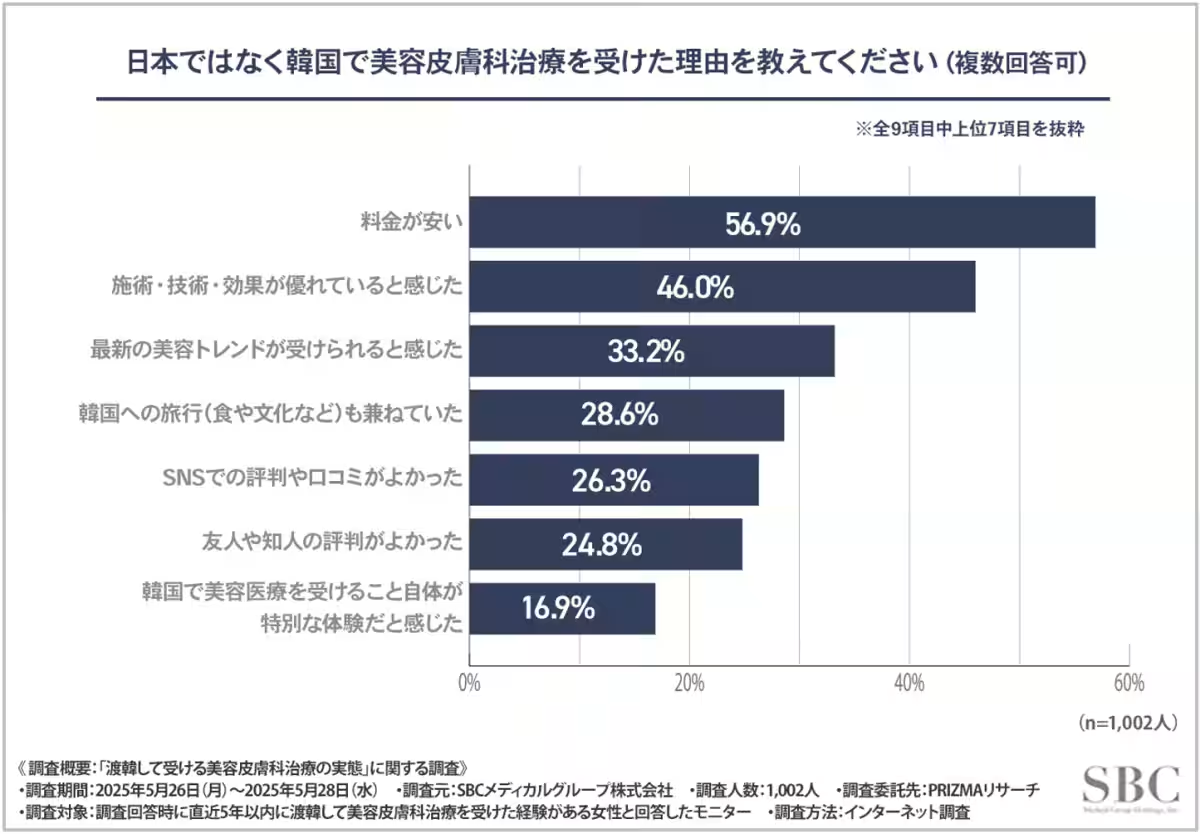
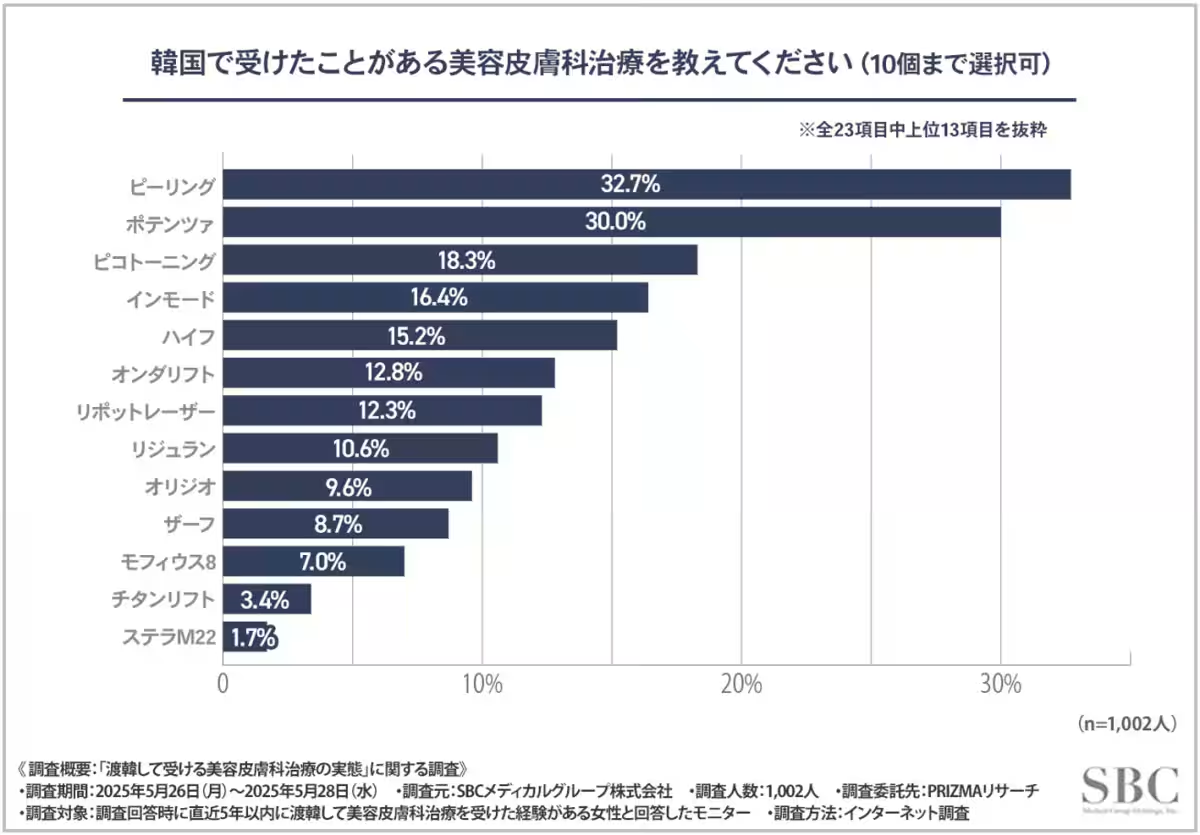
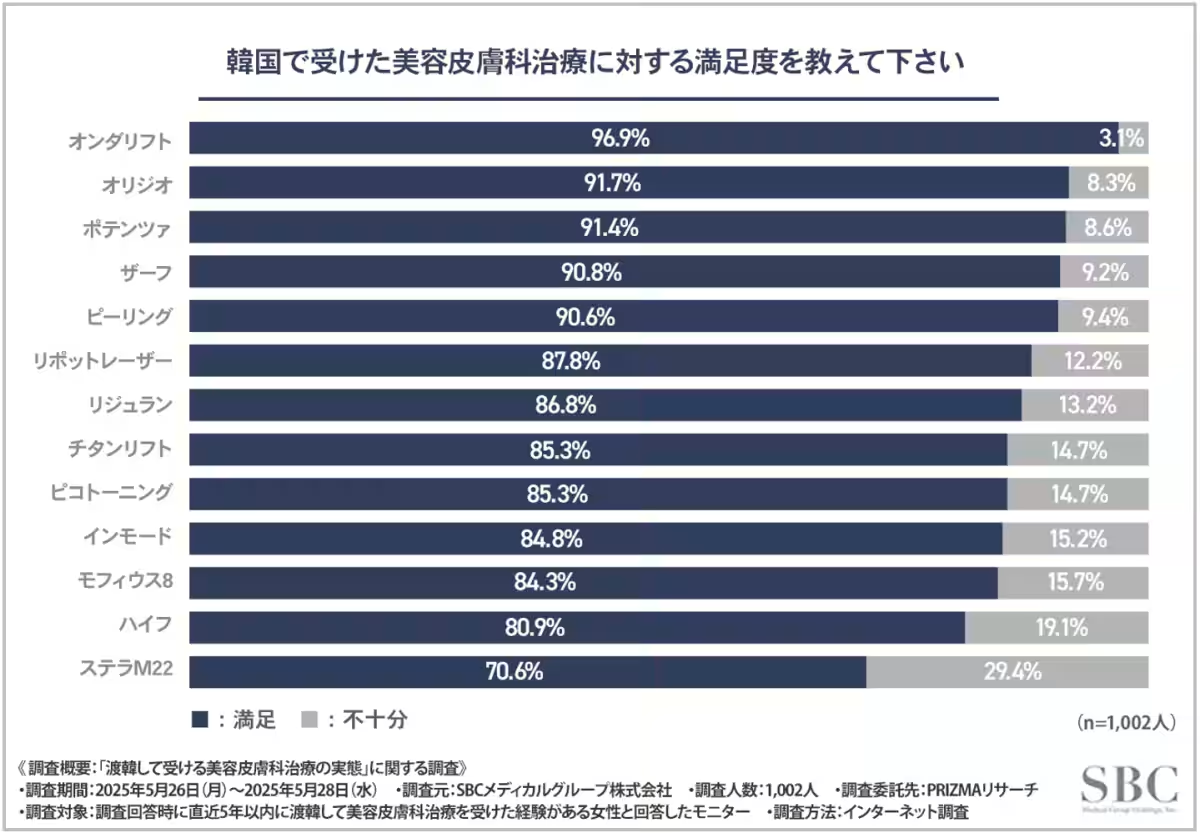
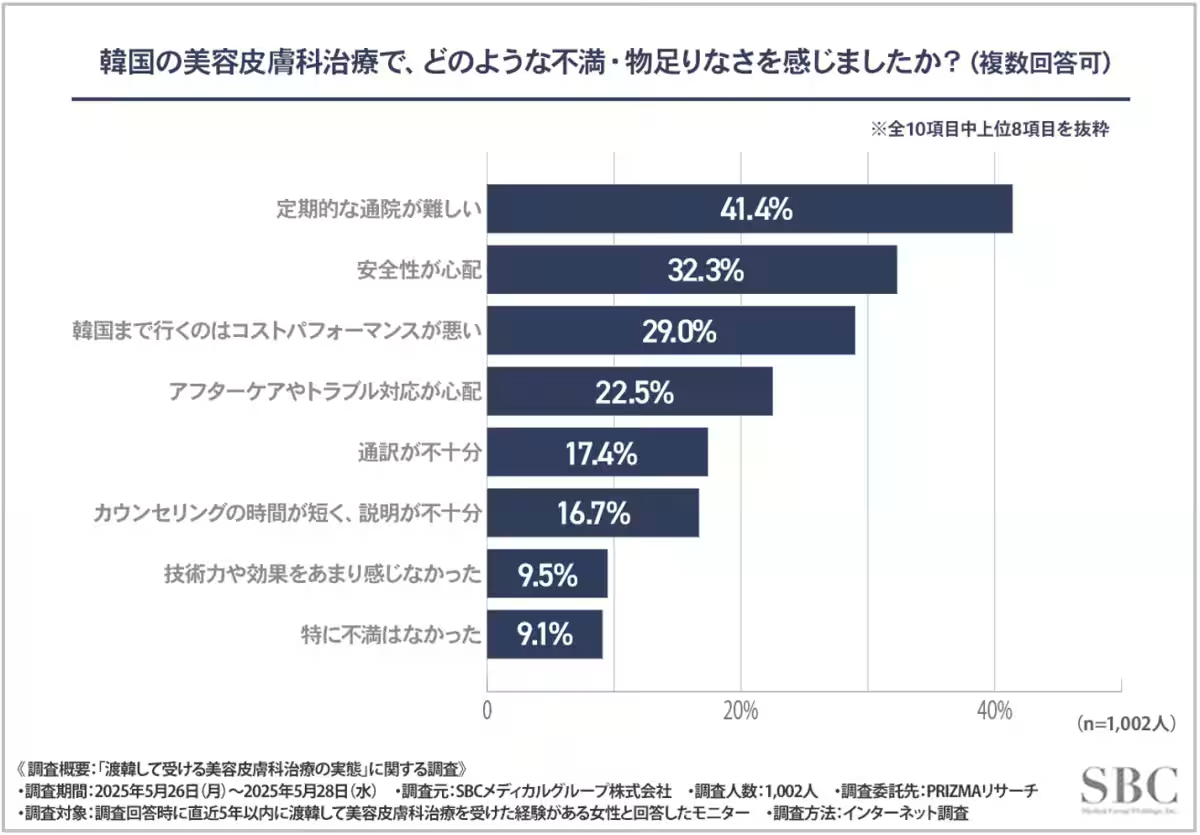
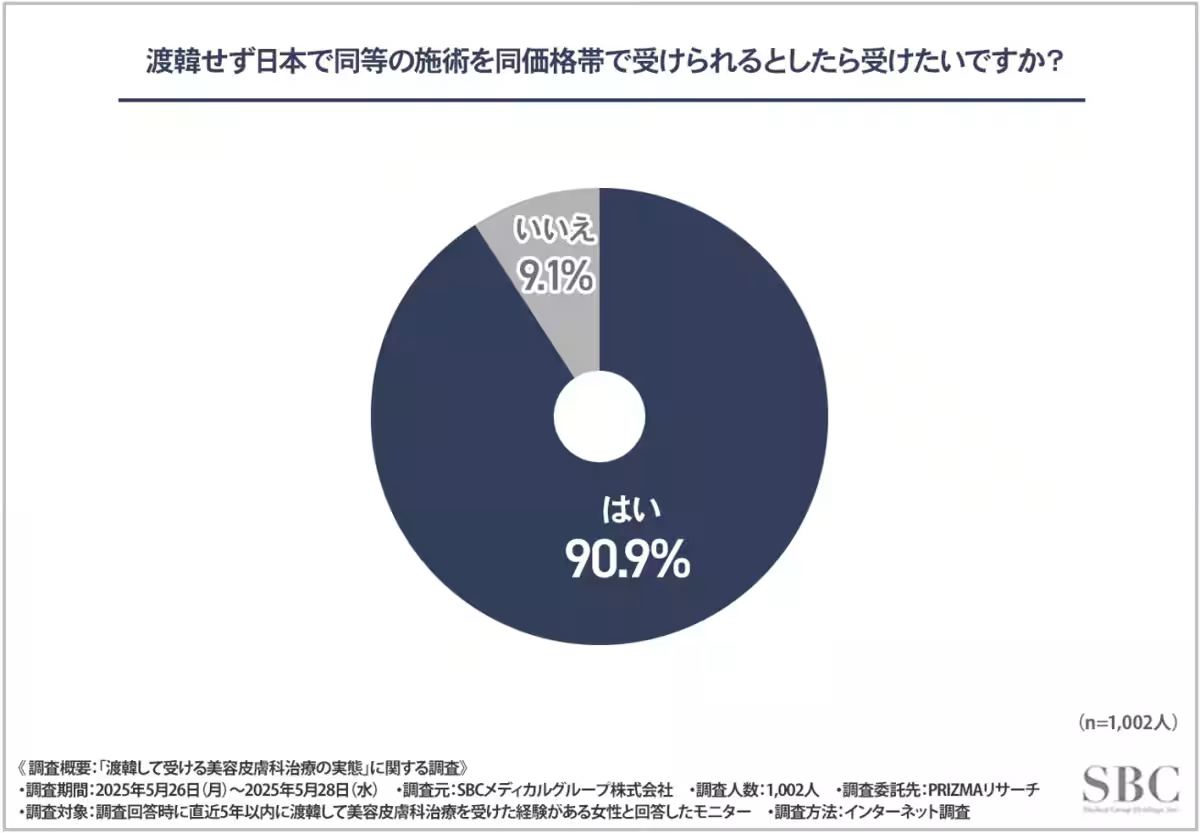
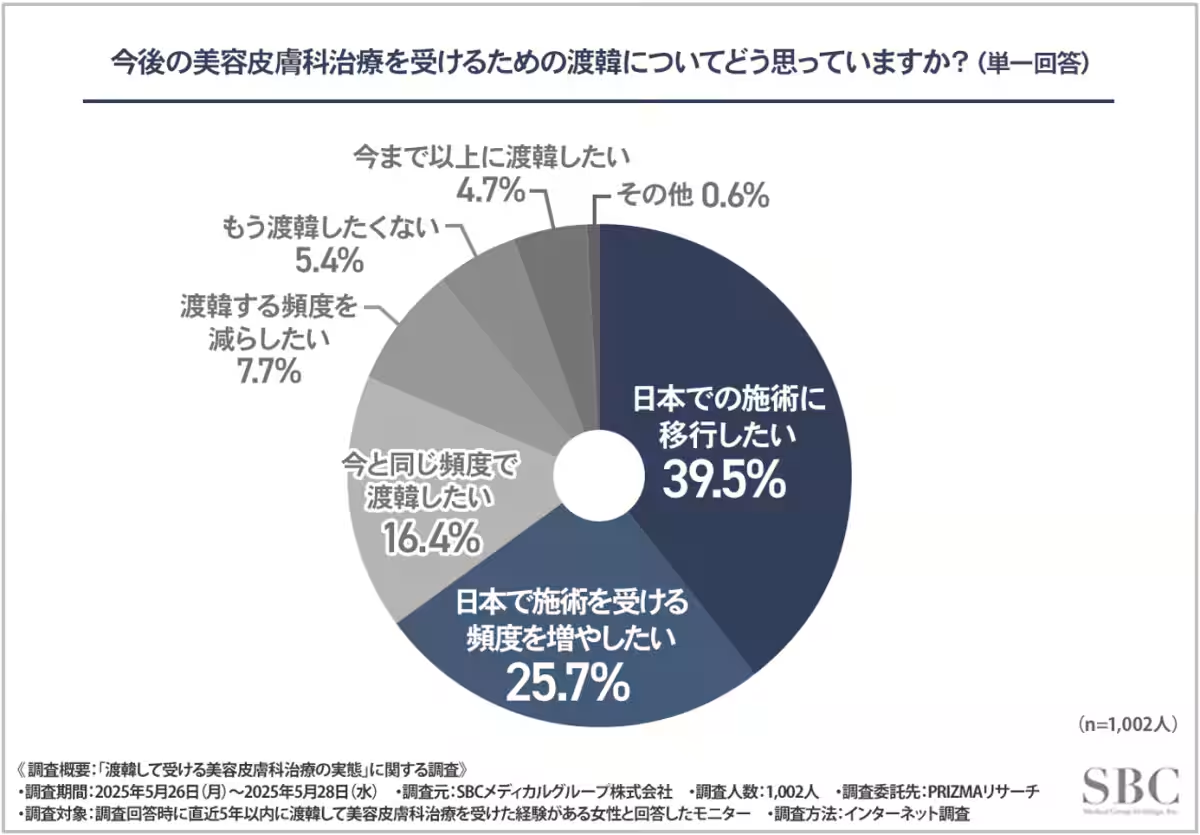
Topics Consumer Products & Retail)










【About Using Articles】
You can freely use the title and article content by linking to the page where the article is posted.
※ Images cannot be used.
【About Links】
Links are free to use.